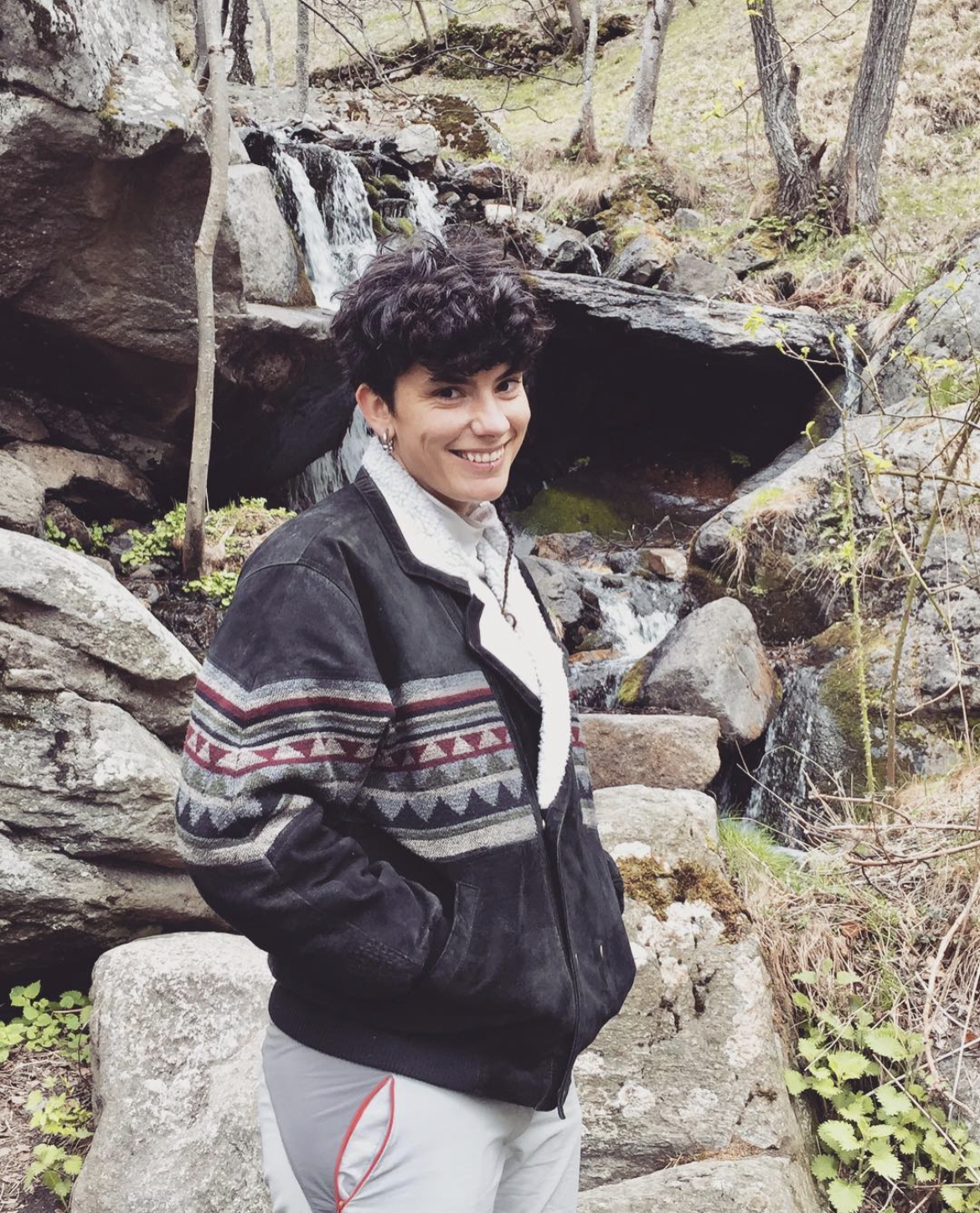News!
February 2026
I participated in the CREAF Synthesis Action "Elemental Disruption"(Feb 11 - 13). Between experts from the different Earth compartments (atmospheric, land, water), we synthesised the far-reaching impact of anthropogenic activities on the elemental flow of non-conventional elements (beyond C-N-P).January 2026
I was invited to the high school Vedruna Tordera to spark scientific interest among teenagers and discuss the generation of new knowledge.July 2025
I presented at the New Phytologist Simposia "Microbes as hidden or prominent players in plant life" thanks to a Travel Grant award. I got to share my new advances in the project "The role of plant—soil—microbe interactions on nitrogen cycling under drought and warming in grasslands", which you can watch here! How much nitrogen are plants taking up from the soil? How efficient are they on building biomass with it? Are models doing a good job assessing it? Find your answers in our last publication: here!
 Terrestrial ecologist interested in plant elemental composition and stoichiometry, biogeochemical cycles, plant-soil interactions, and how those
interact with the carbon cycle and global change. I have performed fieldwork in Mediterranean and Tropical ecosystems but I have also worked at regional and global scales by using computational science,
data synthesis, and artificial intelligence algorithms.
Terrestrial ecologist interested in plant elemental composition and stoichiometry, biogeochemical cycles, plant-soil interactions, and how those
interact with the carbon cycle and global change. I have performed fieldwork in Mediterranean and Tropical ecosystems but I have also worked at regional and global scales by using computational science,
data synthesis, and artificial intelligence algorithms.
I have experience in teaching, and I enjoy sharing science with the general public, making it reachable and understandable to different ages and backgrounds. If you want to know more you can find my publications, teaching material, and outreach activities in the different tabs.